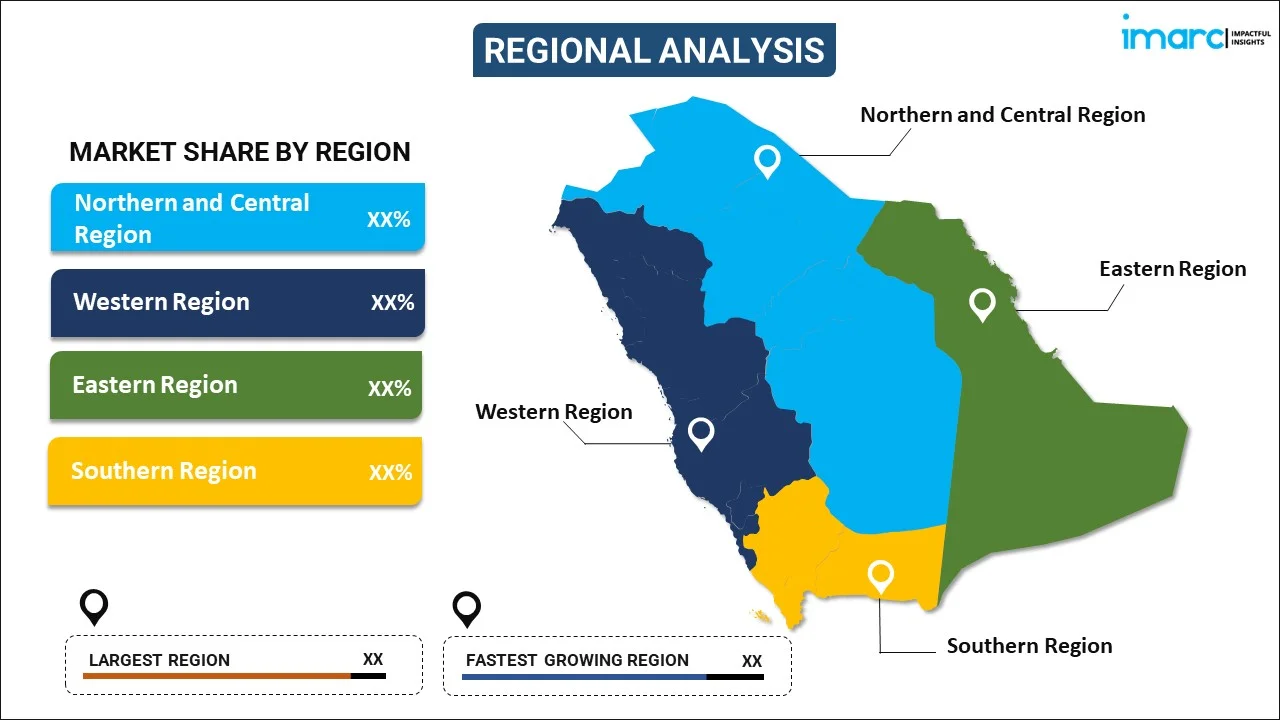Mental Health In Ghana: Examining The Critical Psychiatrist Deficit

Table of Contents
The Severity of the Psychiatrist Shortage in Ghana
Current Statistics and Data
Ghana faces a drastically low psychiatrist-to-population ratio. While precise figures vary depending on the source and year, estimates consistently reveal a significant disparity compared to international standards recommended by the World Health Organization (WHO). For example, while the WHO recommends a ratio of at least one psychiatrist per 10,000 people, Ghana's ratio is far lower, leaving a vast unmet need for psychiatric care. [Cite relevant data sources here, e.g., WHO reports, Ghanaian Ministry of Health statistics]. This severe shortage translates into long waiting lists, limited access to specialist care, and inadequate treatment for millions suffering from various mental health conditions.
Geographic Disparities
The distribution of psychiatrists in Ghana is highly uneven. Urban areas, particularly Accra and Kumasi, have a comparatively higher concentration of psychiatrists compared to rural areas and remote regions. This disparity creates a significant barrier to access for individuals in underserved communities, further exacerbating the already limited availability of mental healthcare services.
- Specific statistics on psychiatrist numbers per region: [Insert data from reliable sources, illustrating the disparities between urban and rural areas].
- Examples illustrating the difficulty of access to care in underserved areas: [Describe case studies or anecdotal evidence highlighting the challenges faced by individuals in remote regions seeking psychiatric help].
- Mention the impact on specific mental health conditions (e.g., depression, anxiety, schizophrenia): The shortage disproportionately impacts individuals suffering from conditions requiring specialized psychiatric care, leading to worsening symptoms and poorer health outcomes.
Contributing Factors to the Psychiatrist Deficit
Limited Training and Educational Opportunities
The limited number of psychiatrists in Ghana is partly due to a lack of comprehensive training programs and educational resources. There are insufficient training facilities, a shortage of experienced trainers, and limited funding for research and development in psychiatry. This leads to a small pool of qualified professionals entering the field each year.
Brain Drain and Emigration
Another significant contributor to the deficit is the emigration of trained Ghanaian psychiatrists to countries offering better working conditions, higher salaries, and more advanced infrastructure. This "brain drain" further depletes the already limited pool of mental health professionals within the country.
Inadequate Funding and Resource Allocation
Inadequate government funding and resource allocation for mental health services significantly hinder efforts to address the psychiatrist shortage. Insufficient funding restricts the establishment of new training programs, limits the expansion of existing mental health facilities, and hinders the recruitment and retention of qualified psychiatrists.
- Specific examples of obstacles to psychiatric training: [Mention issues such as lack of equipment, limited clinical placements, and inadequate curriculum].
- Statistics on emigration rates of medical professionals: [Cite data illustrating the rate of emigration among Ghanaian doctors, including psychiatrists].
- Details on funding gaps in mental healthcare: [Highlight the percentage of the national healthcare budget allocated to mental health, comparing it to international standards].
Consequences of the Psychiatrist Deficit
Increased Stigma and Social Isolation
The lack of access to care perpetuates the stigma surrounding mental illness in Ghana. Many individuals suffering from mental health conditions are hesitant to seek help due to fear of discrimination, social isolation, and the perceived shame associated with mental illness. This stigma further prevents individuals from accessing the crucial support they need.
Delayed or Lack of Treatment
Delayed or absent treatment for mental illnesses has severe consequences. Untreated conditions can lead to worsening symptoms, functional impairment, increased risk of suicide, and a reduced quality of life. The absence of timely intervention can have devastating effects on individuals and their families.
Burden on Families and Healthcare System
The burden of untreated mental illness falls heavily on families and the overall healthcare system. Families often bear the emotional and financial strain of caring for loved ones with untreated mental health conditions. The healthcare system, already burdened by other health challenges, faces an increased strain due to the management of severe cases of untreated mental illness that often present as emergencies.
- Examples of the societal impact of stigma: [Discuss specific cultural beliefs and practices contributing to stigma].
- Statistics on the prevalence of untreated mental illness and its consequences: [Provide data on the percentage of the population with untreated mental illness and the resulting negative outcomes].
- The economic burden on families and the healthcare system: [Quantify the costs associated with untreated mental illness, including lost productivity and healthcare expenses].
Potential Solutions and Strategies
Increasing Training and Educational Opportunities
Expanding and improving psychiatric training programs is crucial. This includes increasing the number of training places, attracting more qualified individuals to the field, and modernizing the curriculum to address current needs. Collaborations with international organizations and universities can help develop robust training programs.
Investing in Mental Health Infrastructure
Ghana needs significant investment in its mental health infrastructure. This includes building new mental health facilities, equipping existing ones with modern technology, and establishing community-based mental health services to reach individuals in underserved areas.
Addressing Stigma and Promoting Mental Health Awareness
Comprehensive public awareness campaigns are essential to reduce stigma associated with mental illness. These campaigns should promote early intervention, increase help-seeking behavior, and educate the public about mental health conditions and available resources.
Implementing Retention Strategies
Strategies to retain Ghanaian psychiatrists within the country are vital. This includes offering competitive salaries and benefits, providing opportunities for professional development, creating supportive work environments, and ensuring job security.
- Specific policy recommendations to improve training: [Suggest specific actions such as increased funding for training programs, scholarships for aspiring psychiatrists, and partnerships with international institutions].
- Funding proposals for infrastructure development: [Outline potential sources of funding and specific projects to improve mental health infrastructure].
- Examples of successful stigma reduction campaigns: [Cite examples from other countries or organizations that have effectively addressed mental health stigma].
- Incentives to encourage Ghanaian psychiatrists to stay: [Suggest incentives such as competitive salaries, housing allowances, and opportunities for further education and professional development].
Conclusion
The critical psychiatrist deficit in Ghana has far-reaching consequences, impacting individuals, families, and the overall healthcare system. The lack of access to quality mental healthcare perpetuates stigma, delays or prevents treatment, and imposes an immense burden on families and healthcare resources. Addressing this crisis requires a multi-faceted approach. We need increased investment in mental health infrastructure and training programs, initiatives to reduce stigma, and policies to retain Ghanaian psychiatrists within the country. Demand better mental healthcare in Ghana. Support initiatives to address the critical shortage of psychiatrists. Contact your representatives, support relevant NGOs, and participate in awareness campaigns to advocate for improved mental health services. Let's work together to build a Ghana where everyone has access to the mental healthcare they need.

Featured Posts
-
 Souness On Rashford Aston Villa Transfer Advice
May 02, 2025
Souness On Rashford Aston Villa Transfer Advice
May 02, 2025 -
 Major Regulatory Shift Unlocks Saudi Arabias Abs Market Potential
May 02, 2025
Major Regulatory Shift Unlocks Saudi Arabias Abs Market Potential
May 02, 2025 -
 School Desegregation Order Ended Whats Next For Us Schools
May 02, 2025
School Desegregation Order Ended Whats Next For Us Schools
May 02, 2025 -
 1 Mayis Emek Ve Dayanisma Guenue Nde Yasananlar Bir Degerlendirme
May 02, 2025
1 Mayis Emek Ve Dayanisma Guenue Nde Yasananlar Bir Degerlendirme
May 02, 2025 -
 Daily Lotto Wednesday April 16th 2025 Winning Numbers
May 02, 2025
Daily Lotto Wednesday April 16th 2025 Winning Numbers
May 02, 2025
